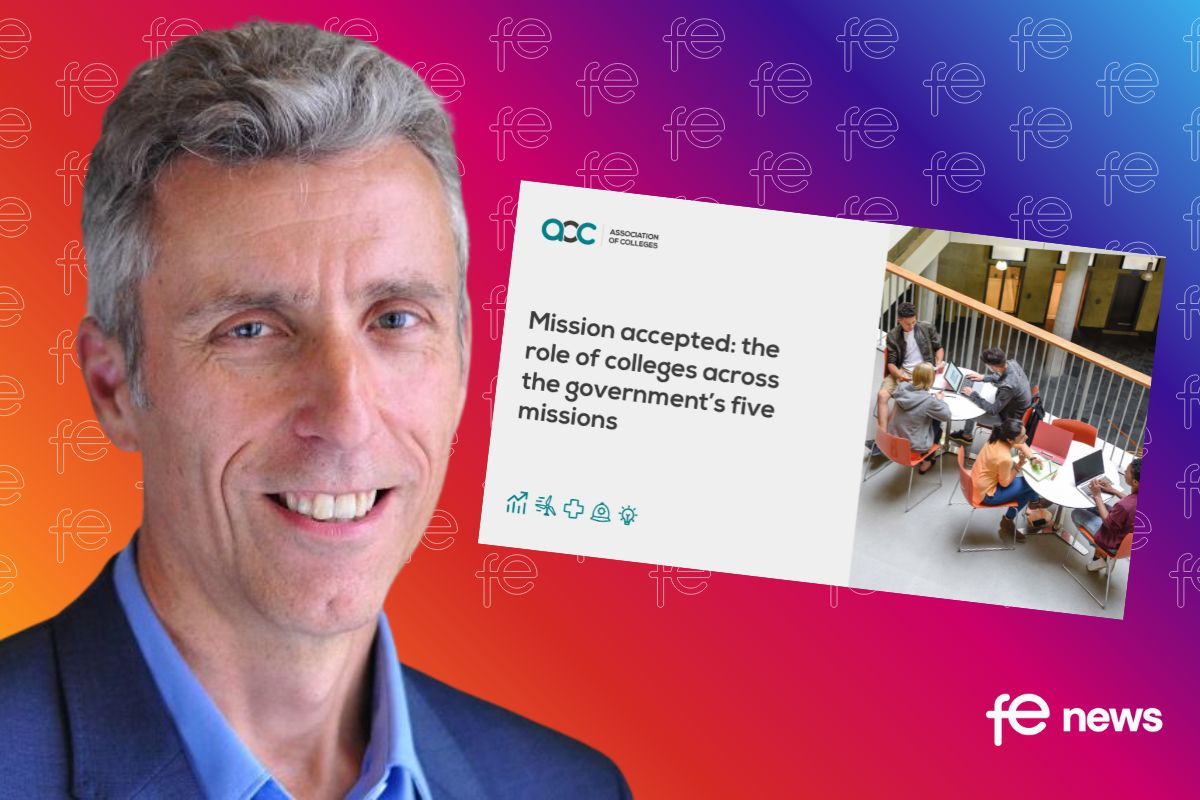#BridgingTheDigitalDivide putting digital skills on the same footing as English and Maths

Apprenticeships and Skills Minister Anne Milton unveils new qualifications based on rigorous national standards to give adults the digital skills they need.
Free courses will be offered to thousands of people to help the 1 in 5 adults with no or low basic digital skills learn how to thrive in an increasingly digital world.
The new qualifications, unveiled today (23 Apr) by Apprenticeship and Skills Minister Anne Milton, will be based on new, rigorous national standards and will be available for free to anyone over the age of 19 from 2020.
They have been designed to help adults learn the essential skills, such as sending emails, completing online forms or using a tablet, that many people take for granted.
Research shows that digital skills have become as important in getting a job and being part of society as English and Maths. An estimated 90% of all jobs in the next 20 years will require some form of digital knowledge, but one in five adults still lack these skills.
The new offer will comprise of:
-
Range of new essential digital skills qualifications, available from 2020, that will meet new conditions and requirements set by independent exams regulator Ofqual, also published today.
-
Digital Functional Skills qualifications, available from 2021, that will support progression into employment or further education and develop skills for everyday life.
Apprenticeships and Skills Minister Anne Milton said:
I want people of all ages to have the skills and confidence they need for work and everyday life.
Being online is more important than ever and yet one in five adults in the UK don’t have the basic digital skills that many of us take for granted. This is cutting many people off from so many opportunities – from accessing new jobs, further study and being able to stay in touch with friends and family.
I am thrilled to launch the new ‘essential digital skills’ qualifications which will give adults the chance to develop a whole host of new skills to help get ahead in work, but also to improve their quality of life overall.
Minister for Digital and the Creative Industries, Margot James, said:
The new entitlement will give everyone the opportunity to participate in an increasingly digital world and take advantage of digital technology, whether it is using a smartphone, learning how to send emails or shopping online.
Implementation of the new entitlement will be complemented by the work of our Digital Skills Partnership to boost digital skills at all levels – from the essential digital skills that support inclusion, to the digital skills we increasingly need for work, right through to the advanced digital skills required for specialist roles.
According to research from Lloyds, the proportion of UK citizens with the full five Basic Digital Skills has plateaued – 11.3 million people (21%) have limited abilities online. Therefore, these new qualifications are being introduced to fill this gap.
Although these new courses have been designed to help adults learn the essential skills, such as sending emails, completing online forms or using a tablet, so far there has been no indication that data literacy – a skill with increasing economic and social significance – will be included.
James Eiloart SVP EMEA at Tableau Software, believes this skill should be included, as almost every job across every sector will soon require some degree of digital and data literacy.
“It is encouraging to see the government put in place initiatives designed to help the UK workforce adapt and thrive in an increasingly technology driven environment. The list of essential skills outlined in today’s announcement represents a step in the right direction. But as more organisations embrace emerging technologies such as AI and machine learning to become more data-driven, the list of essential skills should continue to evolve so that it reflects the growing importance of data literacy as a core competency in the workforce.
“A report by PricewaterhouseCoopers found that 69 per cent of employers will demand data science and analytics skills from job candidates by the year 2021. Yet according to a separate study only 17 per cent of UK workers can be classed as “data literate”, with a further 40 per cent feeling overwhelmed by data in the workplace. As data becomes more and more ubiquitous, the fact is that every employee, from the HR team through to the boardroom will need to be able to see, understand and communicate data.
“The scale of the challenge ahead is significant, and it would be unfair to place this burden solely on government. Organisations across the UK will also need to play their part in ensuring current and future employees have access to an infrastructure of training and support to embrace necessary skills. We take this responsibility seriously, and for our own part, we recently joined forces with training specialist AVADO to create a data analyst apprenticeship programme, with the aim of training 3,000 data analysts by 2020. The same partnership will also provide over 200,000 workers with bite-sized training modules aimed at providing the wider workforce with specific training on data and its importance to business.”
Helen Milner OBE, Chief Executive of Good Things Foundation – a social change charity, helping people to improve their lives through digital, has welcomed the announcement, saying:
“Good Things Foundation knows from our work with 5,000 Online Centres across the UK that digital skills are vital to help people participate in society and improve their lives. That is why we welcome the Government’s plans to boost digital skills for adults.
We strongly support the new national entitlement from 2020, putting digital skills on the same footing as English and Maths, and the new qualifications announced by the Government will be important in ensuring essential digital skills are relevant and up to date.
“These plans are a positive step towards ending digital exclusion in the UK. We are calling on organisations across Government, the private sector and civil society to set a bold ambition and agree on a goal of a 100% digitally-included nation by 2028, where no one is disadvantaged by a lack of digital skills.
“Digital exclusion in the UK is holding back economic growth and stalling social inclusion. Adults with no or low digital skills are more likely to also face unemployment, poverty and social isolation; and giving every adult essential digital skills would create £21.9 billion for the economy. So it is essential that digital transformation is inclusive.
“Through our work with the Department for Education delivering the ‘Future Digital Inclusion’ programme through the national Online Centres Network, Good Things Foundation has helped over 1 million adults to gain basic digital skills. We look forward to continuing to help adults facing digital and social exclusion gain essential digital skills and benefit from the new qualifications.”
The new national entitlement from 2020 will fully fund adults with no or low digital skills to undertake the new qualifications. They will be supported to use digital devices like tablets, smart phones and laptop computers and to perform everyday activities like how to navigate the internet, send an email and make online payments.
The announcement follows a 12-week consultation and extensive work with a wide range of providers, employers, subject experts, Ofqual, awarding organisations and digital inclusion charities.
The announcement builds on steps already taken to drive up the government’s digital offer including making computing a statutory national curriculum subject and introducing a new Computer Science GCSE and A Level.











Responses